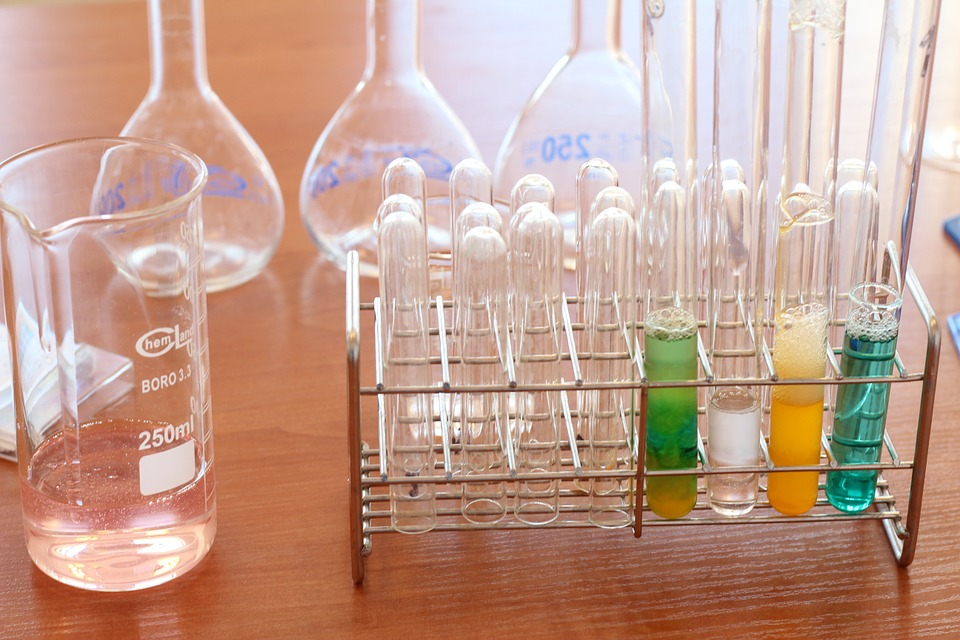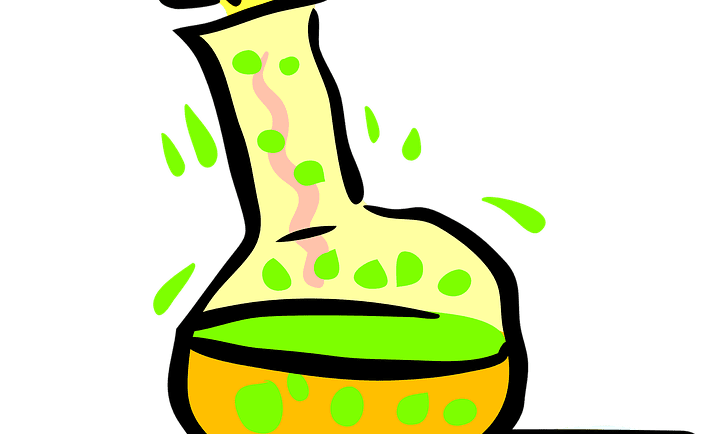Chemistry – it’s a fun science. While physics is all about probing complicated math relationships and biology dissecting innocent animals, in chemistry, you get to blow stuff up. Sure, you can calculate the amount of energy the reaction should produce. But there’s nothing quite as helpful as watching it happen in real-time. You need to be sure your calculations are correct, right?
People who get into chemistry tend to fall in love with it. There’s the mystique of the mad scientists, blowing stuff up, combined with intriguing insights into how the world works.
Watching videos of explosive chemical reactions on repeat isn’t the only reason why people get into the subject. It goes way deeper than that.
Chemistry Is A Bit Like Lego
If you have ever looked at an HBr Lewis structure, you will have noticed that chemistry is a bit like Lego. Different atoms have various electron “notches” that plug into other particles to create structures. It’s called covalent bonding, and it is one of the most interesting phenomena in nature. Atoms want to share electrons to bring them to a lower energy state. Sometimes they explode – sometimes they don’t. But almost always, you end up with a new material, very different from the individual building blocks.
It’s An Alchemy Class

Proper chemists will treat with horror any suggestion that chemistry is akin to alchemy. And, of course, they’re right – chemists care about evidence, alchemists don’t.
With that said, though, you can’t help but notice the similarities between them. In both, you have a set of potions all lined up in a row, and then you mix them to see if you can make some new and exotic material. In alchemy, you’re trying to make gold. No chance. In chemistry, you’re trying to make hydrogen bromide – much more manageable. For the former, you need a nuclear fusion reactor. For the latter, you need a test tube.
You Learn About The World In A New Light
Most of us learn about the world in terms of heuristics:
- The sun is a giant fireball
- Things fall to the ground
- The world is made of solid material
When you probe nature a little more deeply, though, you find that it is more complicated than that.
The sun doesn’t emit light like a fireball. Instead, its photons come from nuclear fusions reactions.
Similarly, things don’t really fall to the ground. Instead, they travel in a straight line through curved spacetime.

And the world isn’t made of solid “stuff.” Matter is mostly fields with solid objects comprising just a tiny portion of their total volume.
Chemistry opens your eyes to the deep logic in nature. Everything is made of fundamental building blocks, and it obeys a bunch of simple rules. As you scale up, those rules can create complex phenomena, like life.
Chemistry, therefore, is a passion for many people. It is something that you can get your teeth into and explore your whole life. Watching explosions is important, but it goes way deeper than that.





